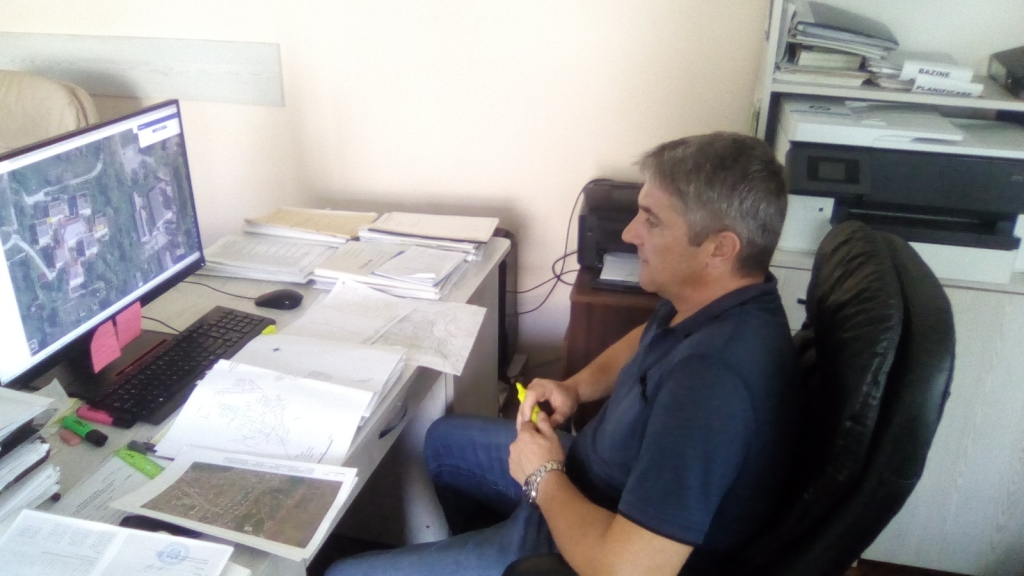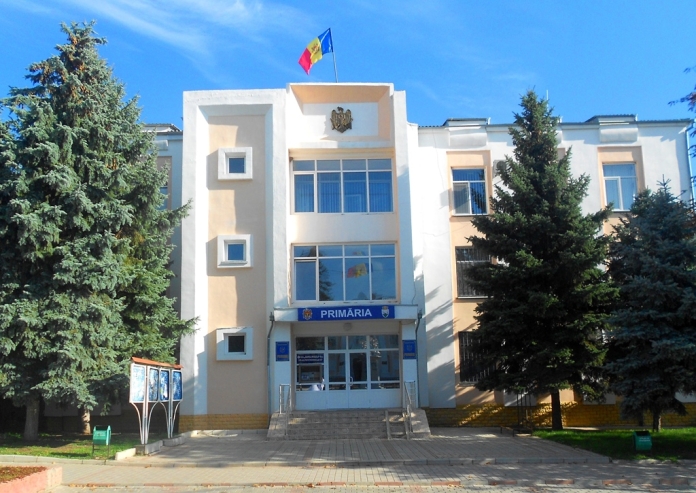The capacity of local public authorities in Falesti has increased with the equipping of the municipality with high-performance technology and the strengthening of the knowledge of specialists within this authority. This has become possible thanks to the cooperation of the Congress of Local Authorities of Moldova with the Land Registry and Cadastre Agency and the Norwegian Mapping Agency.
Alexei Cosovan, head specialist for land relations and cadastre in Falesti municipality says that the support provided by the Norwegian Government is very important because there is a need to update all databases at local level.
“We use these assets to properly and efficiently manage the land fund, all categories of land and to have effective monitoring of all types of assets located within the city boundaries.”

The specialist hopes that there will be more advanced training in the use of QGIS. “We managed to get some skills in using some effective tools of QGIS, to create some thematic maps, databases, with reference to certain parameters in the field, which facilitated us to inventory and plan the development of objects related to municipal public services, such as water supply networks, street lighting, sewage, roads and communication routes, etc. The given application is very useful, but it is necessary to get more knowledge in this area . In this regard, it would be very useful if the development of specialised applications of QGIS for local government, such as the generation of specialised reports, printing of geometric and other thematic plans, etc., could be ensured from the project or other sources.”
Alexei Cosovan believes that it would be necessary to create a permanent training and assistance centre within CALM, so that specialists in land administration can turn to them when they have certain questions or obstacles in achieving certain objectives, using these tools. “This would considerably increase the capacity of local public authorities to re-use existing spatial datasets and create thematic maps and datasets at local level. Having automated data management information systems will also greatly improve interaction with other authorities. Access to this data will facilitate data interoperability with other institutions and provide an opportunity for local development and quick resolution of service issues.”









